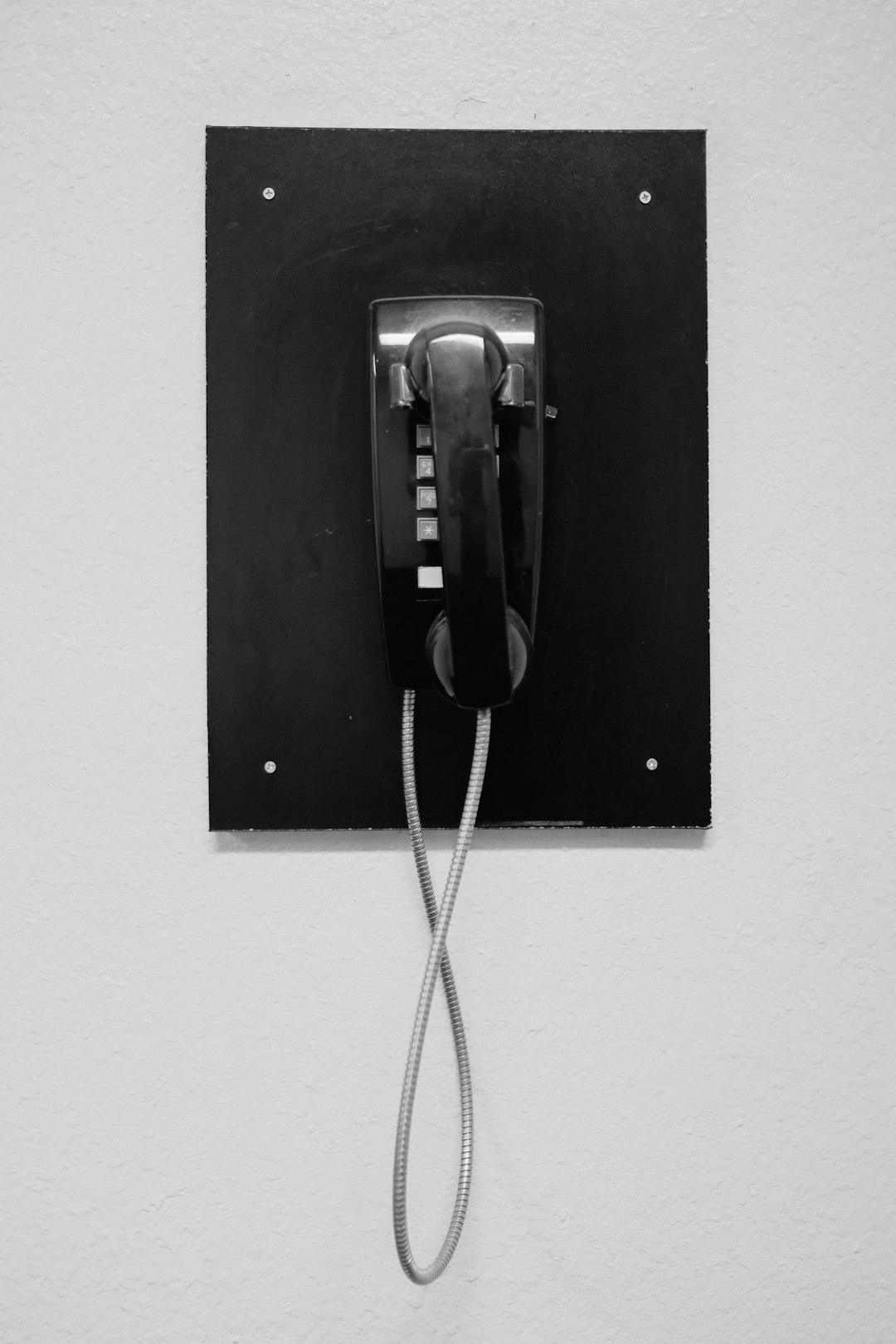South Carolina residents are affected by robocalls from law firms, prompting action with federal regulations like the TCPA and state laws like the TCFA. These laws restrict automated calls, empowering citizens to combat excessive robocalls. New rules strictly regulate robocall law firms, mandating explicit consent for marketing calls, significantly reducing nuisance calls within the state. Businesses must comply to avoid legal risks and build positive consumer relationships, ensuring a balance between marketing and privacy rights in South Carolina.
In the age of digital transformation, robocalls have become a ubiquitous part of daily life in South Carolina. This article delves into the complex world of automated calls, focusing on their impact and regulation within the state. We explore the rise of robocall law firms, examining how artificial intelligence is reshaping legal services. Additionally, we navigate the new rules designed to protect South Carolinians from unwanted calls and discuss the legal implications for these innovative but controversial practices.
Understanding Robocalls: A South Carolina Perspective

In South Carolina, like across the nation, robocalls have become an increasingly prevalent part of daily life. These automated calls from law firms and other entities often promote legal services or attempt to solicit business. While some may find them annoying, understanding the dynamics behind robocalls is crucial for South Carolinians navigating the complex landscape of communication regulations.
The Telephone Consumer Protection Act (TCPA) provides important protections against unwanted robocalls. This federal law restricts how businesses, including law firms, can use automated dialing systems to make calls and sends text messages. Knowing their rights under this legislation empowers South Carolina residents to take action if they receive excessive or unsolicited robocalls from law firms. Staying informed about the TCPA and its implications ensures that citizens can protect themselves and hold perpetrators accountable.
The Rise of Automated Law Firm Calls

In recent years, South Carolinians have noticed an increase in automated calls from robocall law firms. This trend is not merely a nuisance; it reflects a growing reliance on technology for legal outreach and marketing. Automated systems offer firms the ability to quickly reach large audiences, which can be beneficial for disseminating important legal information or promoting services. However, this rise also raises concerns about consumer privacy and protection against misleading or aggressive sales tactics.
As these robocall law firms become more prevalent, South Carolina residents should stay informed about their rights. Understanding when such calls are permitted and how to opt out can help individuals protect themselves from unwanted intrusions into their personal space. Staying aware of the legal frameworks governing robocalls is crucial for both consumers and businesses alike, ensuring a balance between efficient marketing practices and consumer privacy rights.
New Rules: Protecting South Carolinians from Unwanted Calls

In an effort to curb the rise of unwanted and deceptive robocalls, new rules have been implemented in South Carolina, targeting law firms and other entities commonly associated with these nuisance calls. These regulations aim to protect residents from unsolicited telephone marketing practices, ensuring a quieter and safer environment for South Carolinians.
The robocall law firms operating within the state are now subject to stricter guidelines, including obtaining explicit consent before dialing numbers in their marketing campaigns. This means that automated calls for promotional purposes must only be made to individuals who have explicitly agreed to receive such communications. South Carolina residents can take solace in knowing that these new measures will significantly reduce the frequency of robocalls, providing much-needed relief from unwanted intrusions into their personal time and space.
Navigating Legal Implications for Robocall Firms

In South Carolina, navigating the legal implications of robocalls involves understanding and adhering to stringent regulations designed to protect consumers from intrusive automated calls. The Telemarketing and Consumer Fraud Act (TCFA) imposes strict rules on robocall firms, including obtaining prior express consent before making calls to residents’ phone numbers. Failure to comply can result in substantial fines and legal repercussions.
Robocall law firms operating in South Carolina must also be aware of the National Do-Not-Call Registry and state-specific do-not-call lists. Calls made to numbers on these registries without explicit consent are prohibited. Additionally, firms must implement robust opt-out mechanisms, ensuring subscribers can easily stop receiving robocalls. Compliance with these laws not only mitigates legal risks but also fosters a more positive relationship between businesses and South Carolina consumers.






